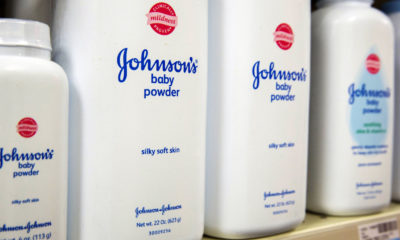Toxic Firefighting Foam at the Center of Growing Legal Battle
Thousands of individuals across the U.S. are pursuing legal action after being diagnosed with cancer and other serious illnesses allegedly caused by exposure to Aqueous Film-Forming Foam (AFFF)—a fire suppressant widely used by the military, firefighters, and airport personnel.
PFAS: The “Forever Chemicals” Linked to Cancer
AFFF contains per- and polyfluoroalkyl substances (PFAS), toxic compounds that persist in the human body and environment. These “forever chemicals” have been linked in scientific studies to a range of health problems, including kidney, testicular, liver, and thyroid cancers, as well as thyroid disease and ulcerative colitis.
Nearly 9,000 Lawsuits Consolidated in Federal Court
The AFFF multidistrict litigation (MDL), currently underway in federal court, has consolidated close to 9,000 individual claims. Plaintiffs allege that manufacturers failed to disclose the health risks associated with PFAS despite internal evidence of harm.
Corporate Misconduct Under Scrutiny
Recently unsealed documents suggest that companies like 3M were aware of PFAS toxicity but marketed their products as safe and environmentally friendly. The revelations have intensified public scrutiny and fueled demands for accountability.
Major Settlements Signal Legal Momentum
Several large settlements have already been reached. Carrier Global Corp agreed to a $615 million payout to resolve water contamination claims tied to PFAS exposure. The volume of new cases continues to rise, with nearly 500 added to the MDL in March 2025 alone.
Key Trials and Scientific Review Ahead
The court has scheduled a series of bellwether trials to help determine the strength of the scientific and legal arguments on both sides. A “Science Day” on June 20, 2025, will focus specifically on the link between PFAS and cancers such as thyroid and liver cancer.
Who May Be Affected
Individuals at highest risk include firefighters, military service members, airport personnel, and residents living near military installations where AFFF was routinely used. Those exposed through contaminated drinking water or occupational settings who later developed qualifying illnesses may be eligible for compensation.
Next Steps for Potential Claimants
Legal experts note that many firms are offering free case evaluations and require no upfront costs to file a claim. As litigation intensifies, advocates urge anyone affected by PFAS exposure to seek legal guidance and explore their options for recovery.
Those looking to inquire about a potential compensation claim can visit https://www.afffexposure.com/.





























